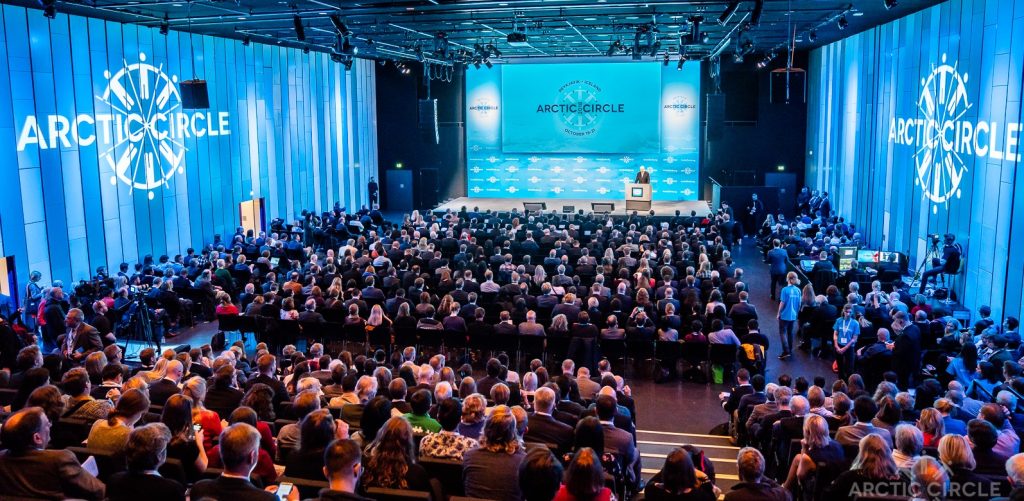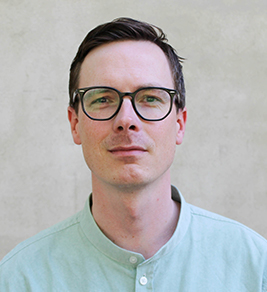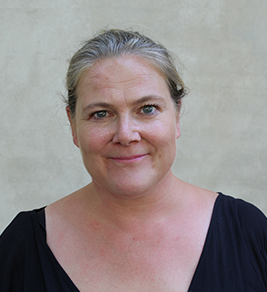Nordregio researchers Ágúst Bogason, Anna Karlsdóttir, and Timothy Heleniak presented at the Arctic circle conference on 13-16 October in Reykjavík. They participated in several sessions and shared Nordregio’s research on remote work and arctic issues.

Bogason presented in the session “Remote Areas: A Window Of Opportunity” organized by NORA (the Nordic Atlantic Cooperation), with speakers from the Faroe Islands and the islands of Scotland. The researcher introduced the results of Nordregio’s project on remote work and multilocality.
According to Bogason, the preliminary results do, in many ways, fit the narrative we heard first-hand from the peripheral areas and remote places: they have vast opportunities. Optimism and innovative solutions are paving the way for a future where traditional challenges of rural communities are being re-defined as strengths and benefits.
“Nordregio’s research results suggest that there is optimism among the planners and policymakers in the rural regions that increased remote work and multi-local living can contribute to developing more sustainable peripheral regions. While the results also show an increased willingness of people to move to more remote areas while continuing their work, either remotely or by dividing their time between two or more places. In this way, remote work gives rural regions more possibilities as they can often offer different things than urban areas”, said Bogason.
Heleniak presented a publication, “Island hopping: infrastructure development in the Faroe Islands,” in the session “Arctic transport infrastructures and sustainable communities.”
“The building of bridges and especially sub-sea tunnels have linked outer-lying settlements to the capital of Tórshavn, making it much easier to live outside Tórshavn and travel there for work or other purposes. However, the population has become quite car-dependent, as is the case in many periphery regions of the Arctic”, said Heleniak presenting the research.
Karlsdóttir participated in a session “The Revenge of Geopolitics: New and Old Security questions“. It was organized by the university of Iceland Institute of International affairs and Centre for Arctic Studies. The session focused on a broad array of different security questions from global, inter-regional and regional perspectives: on military or business-driven security issues to human security dimensions driven by climate change impacts.
The Researcher presented the latter research aspects where Greenland was at centre – Belmont Semper Arctic approach on narratives of resilience from the natural environmental science view, the regional policy dimension and the communities perspective.
“Greenland has become more internationally central to questions of green transition and geopolitics in recent years. While external interest has risen for the role of Greenland in the international economic and political development, many of their remote communities face implications of climate change that address the need for resilience and adaptations“, said Karlsdóttir.
According to Karlsdóttir, with the Arctic council non-functioning due to war, the audience was very eager to understand what is at play in the Arctic and how it affects geopolitical strategies from near and far.
Read more about the conference here: https://www.arcticcircle.org/



